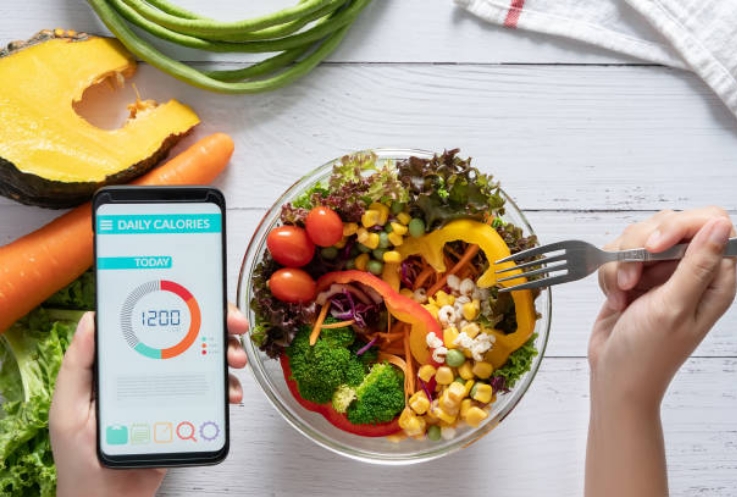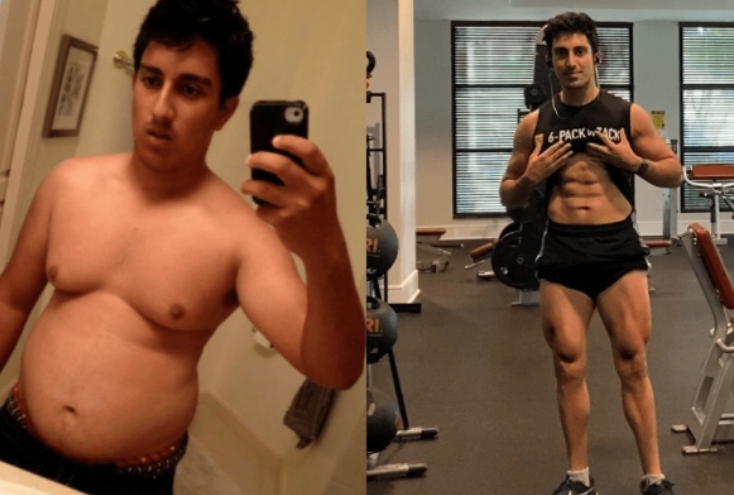The best strategy for losing weight: a beginners guide
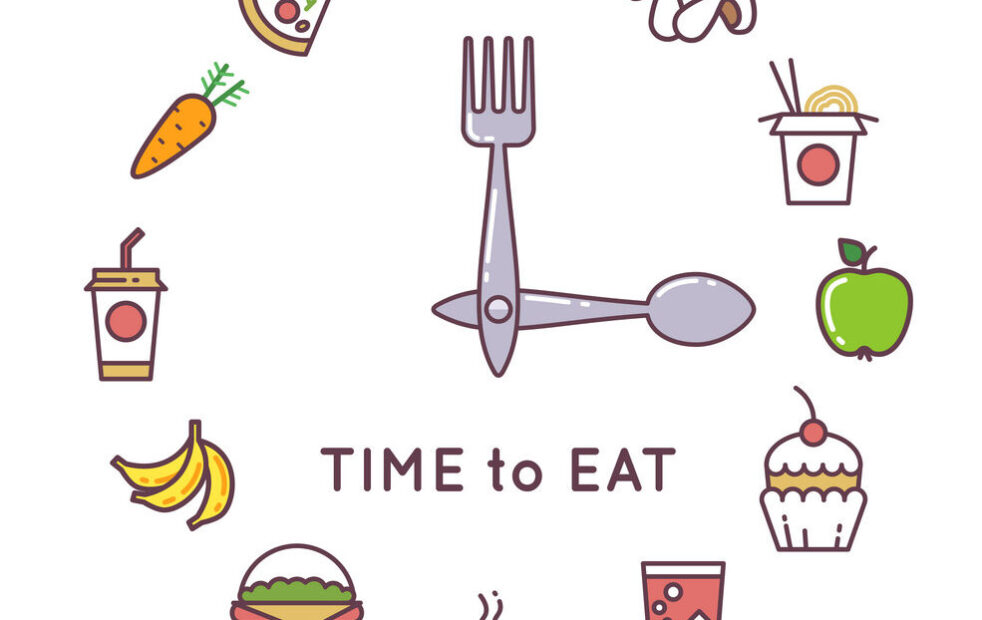
6 Meals Per Day: The Weight Loss Myth
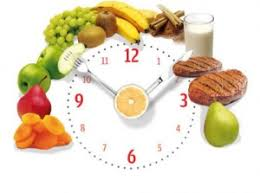
Many of you reading I’m sure at one point have heard “you need to eat 6 smalls everyday if you want to lose weight” or “breakfast is the most important meal for weight loss” – both are incorrect and I’ll break down everything for you.

Calories: The Most Important Variable
I’m sure at some point everyone has heard the word “calorie,” but what does it really mean? The word calorie is often interchangeably used for a more precise, scientific term “kilocalorie.” A calorie can be defined as the energy needed to raise the temperature of 1 gram of water by 1°C. Essentially, we can think of calories as a unit of energy. Calories to the body are similar to gas to the car. Just like our car drives best with premium gasoline, our bodies perform best with optimal fuel or calories.
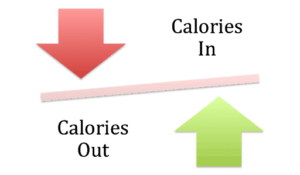
What Causes Weight Loss: Caloric Deficit
The amount of calories we burn on a typical day is referred to as our Total Daily Energy Expenditure, often called TDEE. This is calculated as the sum of your Basal Metabolic Rate and calories burned through daily activities and exercise. You can calculate your TDEE Here. In order to lose weight, we must eat below our TDEE, which is referred to as a caloric deficit. According to a randomized clinical trial by B Strasser, A Spreitzer, and P Harber, fat loss depends only on energy deficit, and is independent of the method for weight loss. This study essentially means that it doesn’t really matter what type of exercise we’re doing, as long as we eat in a caloric deficit, we’ll lose weight.
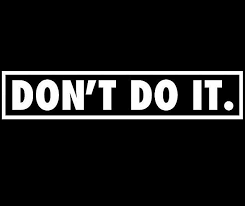
Why You Shouldn’t Eat 6 Meals Per Day:
After understanding the primary cause of weight loss, would it make sense for us to eat 6 meals per day when our goal is to lose weight? Would it also be smart of us to start utilizing our calories first thing in the morning? The answer to both is no. The more often we eat and the sooner we start eating, the harder it is to minimize caloric intake and thus lose weight. Therefore, we want to start our day with water, black coffee, and exercise. The reasons for these choices are explained in this blog (https://6packmacros.com/weight-loss-strategy/).

What You Should Do:
If you want to lose weight, you can start by incorporating a slight caloric deficit. You can start by tracking your current calories for two weeks, without changing your normal eating patterns. (Click here to download our free macro tracker) Next, you can reduce or increase your calories contingent upon how much weight you lost/gained. We recommend striving for slow, incremental progress, as it is much more sustainable. You can definitely test out these different variables for yourself, and eventually you’ll figure out what works best for your body. It’ll just take a little bit of trial and error, but it is more than doable. Also if you want the numbers right away and don’t feel like waiting, you can use our macro calculator (https://6packmacros.com/macro-calculator/). You’ll be provided a very precise estimate of your caloric burn and a recommended caloric intake broken down into the best combination of proteins, carbs, and fats. Following a specific customized nutrition program greatly increases and speeds up our results. Included in our membership are other incredibly useful tools such as a workout routine generator, macro tracker, 6-Pack Abs PDF, and access to our FB group so you can positively interact with other members/coaches.
Hopefully this article was useful to you, and best of luck with your fitness and nutrition endeavors ![]()
Sources:

